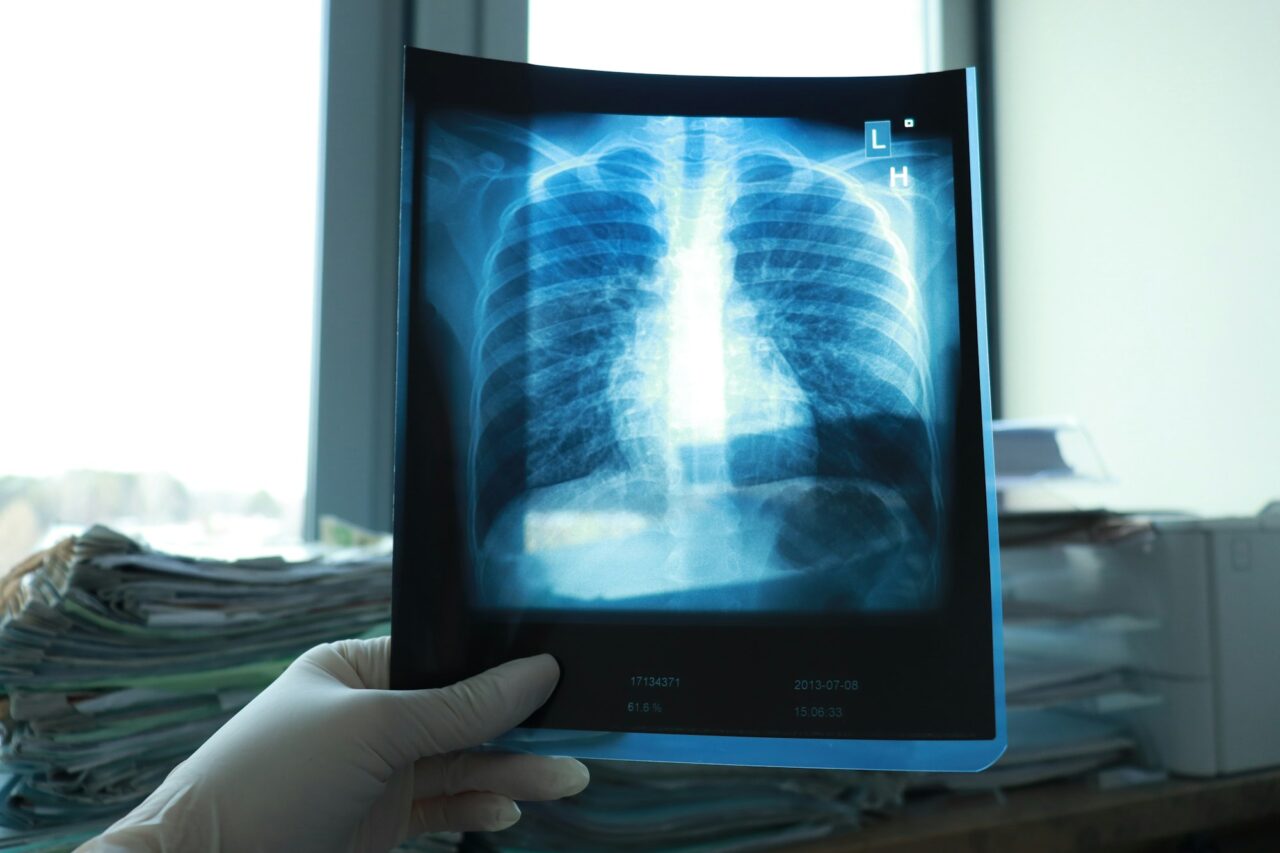While positron emission tomography (PET) scans are highly effective in detecting lung cancer, their accessibility is limited, especially in low-income regions. To address this issue, researchers led by Jia Wu, Ph.D., Jianjun Zhang, M.D., Ph.D., and Carol Wu, M.D., leveraged deep learning techniques to generate synthetic PET scans from more widely available computed tomography (CT) scans. Radiologists validated the imaging quality and tumor contrast between the synthetic and actual PET images, and the researchers demonstrated the superior diagnostic capabilities of these synthetic PET scans compared to the original CT scans.
Synthetic PET scans also require lower radiation exposure compared to conventional PET scans, making them a potentially safer option for screening high-risk lung cancer patients. This innovation holds promise for improving diagnostic accuracy and accessibility, particularly in resource-constrained settings.


